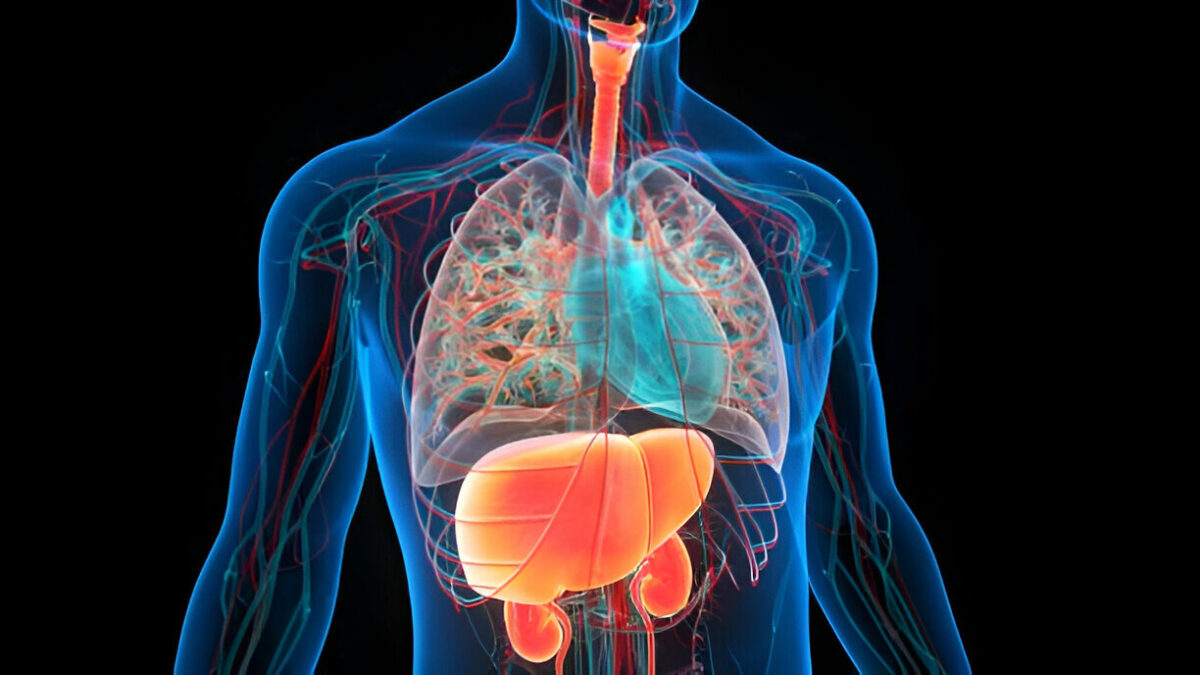Study Guide To Body Systems: ACLS Certification Resource

Body systems are a group of organs that work together to perform a specific task. There are different body systems and each of them work to maintain homeostasis in the body. The Advanced Cardiovascular Life Support (ACLS) certification is an important credential. It stands critical in the field of emergency medicine. Research states over 400,000 people in the US die of cardiac arrest every year. This data emphasizes on the importance of understanding and mastering the skills of ACLS (Advanced Cardiovascular Life Support). A thorough understanding of the body’s function is important to administer ACLS protocols and guidelines . With the help of this blog, we will guide healthcare providers in the process of acquiring an ACLS certification. We will also share detailed insights and practical tips to ensure preparedness and clarity.
What are the different systems of the human body and what is their function?
The human body is a complex and highly organized structure. It is composed of various systems that work together to maintain overall health. Each system has specific roles but also collaborates with others. Here are the main systems of the human body and their primary functions:
- Function : Transports oxygen, nutrients, hormones, and waste products throughout the body.
- Key Components : Heart, blood vessels (arteries, veins, capillaries), and blood.
- Function : Facilitates the exchange of oxygen and carbon dioxide between the body and the environment.
- Key Components : Lungs, trachea, bronchi, and diaphragm.
- Function : Breaks down food into nutrients, absorbs them into the bloodstream, and removes waste products.
- Key Components : Mouth, esophagus, stomach, intestines, liver, pancreas, and gallbladder.
- Function : Controls and coordinates body activities by transmitting signals between different parts of the body.
- Key Components : Brain, spinal cord, and peripheral nerves.
- Function : Provides structure, supports movement, and protects internal organs.
- Key Components : Bones, muscles, cartilage, tendons, ligaments, and joints.
- Function : Secretes hormones into the bloodstream to regulate various body processes such as growth, metabolism, and mood.
- Key Components : Glands (e.g., thyroid, adrenal, pituitary, and pancreas).
- Function : Defends the body against infections and diseases.
- Key Components : White blood cells, lymph nodes, spleen, thymus, and bone marrow.
- Function : Removes waste products from the blood and regulates water and electrolyte balance.
- Key Components : Kidneys, ureters, bladder, and urethra.
- Function : Produces gametes (sperm and eggs) and hormones related to reproduction; facilitates reproduction.
- Key Components : Ovaries, fallopian tubes, uterus, and vagina (female); testes, seminal vesicles, prostate, and penis (male).
- Function : Protects the body, regulates temperature, and provides sensory information.
- Key Components : Skin, hair, nails, and associated glands.
Understanding these systems is crucial for healthcare professionals, particularly those preparing for ACLS certification, as it enables them to respond effectively to various medical emergencies and maintain the health and well-being of patients.
How can ACLS training help with the understanding of different body systems?
The ACLS training is a comprehensive training exclusively curated for healthcare professionals. The ACLS modules cover in-depth the roles and functions of different body systems. The training focuses on emergency protocols and deepens one’s understanding of body systems. Here’s how an ACLS training course can help-
Cardiovascular System
- Role in ACLS : Emphasizes understanding heart rhythms, cardiac arrest protocols, and the use of defibrillation and medication to support heart function.
- Key Learnings : Identifying arrhythmias, performing CPR, and administering advanced cardiovascular interventions.
Respiratory System
- Role in ACLS : Focuses on maintaining and managing airway patency, effective ventilation, and oxygenation.
- Key Learnings : Airway management techniques, use of advanced airway devices, and monitoring of oxygen saturation.
Nervous System
- Role in ACLS : Focuses on the importance of neurological assessment in post-cardiac arrest care, as well as during stroke management.
- Key Learnings : Conducting neurological exams, understanding the signs of hypoxia on the brain, and managing seizures with altered mental status.
Endocrine System
- Role in ACLS : Addresses the role of hormones in metabolic regulation. Especially in diabetic emergencies and adrenal insufficiency.
- Key Learnings : Recognizing and treating hypoglycemia, and understanding the effects of stress hormones during cardiac emergencies.
Musculoskeletal System
- Role in ACLS : Involves practical skills in chest compressions and ensuring effective delivery during CPR.
- Key Learnings : Proper hand placement, compression depth and rate, and minimizing interruptions during compressions.
Immune System
- Role in ACLS : While not a primary focus, understanding the immune response is crucial in managing infections that could lead to sepsis and septic shock.
- Key Learnings : Early identification and management of sepsis, understanding the body’s inflammatory response.
Renal System
- Role in ACLS : Involves monitoring and managing fluid and electrolyte balance, crucial in patients with renal impairment.
- Key Learnings : Identifying signs of electrolyte imbalances, managing fluid resuscitation, and assessing the impact of renal function.
Pharmacology
- Role in ACLS : Integral to the training, covering various medications used during cardiac emergencies and their effects on different body systems.
- Key Learnings : Dosage calculations, drug interactions, and the physiological impact of emergency medications on the heart, lungs, and nervous system.
Conclusion
Enrolling in an ACLS training program and learning about the different body systems is invaluable for healthcare professionals. With an in-depth understanding of body systems and their functionalities, and most importantly, with an ACLS certification, individuals can achieve excellence and participate in lifesaving interventions.

Recent Posts
Subscribe
Never share sensitive information (credit card numbers, social security numbers, passwords) through this form.
This site is protected by reCAPTCHA and the Google Privacy Policy and Terms of Service apply.

Our Socials
Information
- About Us
- Contact Us
- Testimonials
- Privacy Policy
- Money Back Guarantee
- Terms of Service




